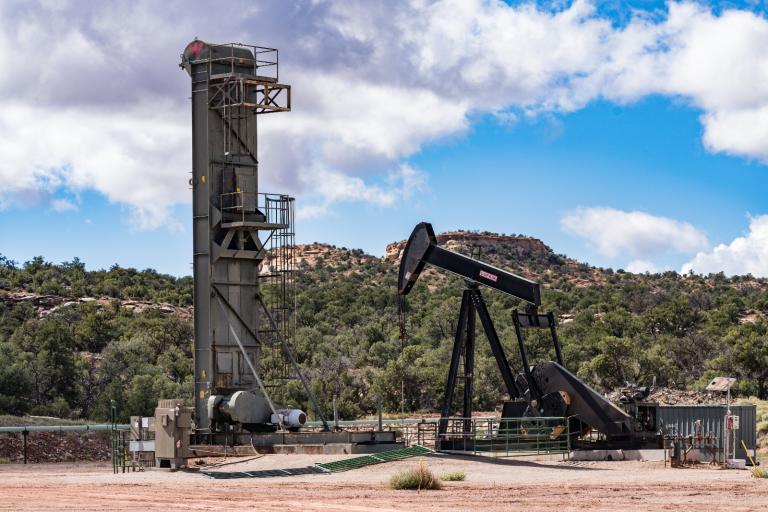“Who Killed the Electric Car?” conspiracies aside, why do I think plug-in hybrids will make it where strict plug-ins didn’t?
Because, at a gut level, I think more people would buy them. Americans are congenital dreamers. No matter that most trips are under 25 miles. If the car purchase in question does not let you indulge in the fantasy that one day you might just take that road-trip to Jazzfest, wheels hissing on the wet moon-lit roads through the bayou, air heavy with frangipangi and Spanish moss; or a surfari to Baja, camping in the dunes and eating nothing but the fish you spear — well, what’s the point?
An electric car with a 200-mile range may get your groceries, but at the cost of cherished self-image. Practicality and reality have never been much of a driving force in purchasing decisions.
Just my opinion, which doesn’t matter much in the scheme of things. But here’s an opinion that matters a bit more: check out this op-ed from from the CEO of AutoNation, the nation’s largest car dealer:
That brings us to what I believe will be one of the technologies that ultimately will address America’s addiction to oil: the plug-in hybrid.
Next-generation batteries are significantly more powerful and can tolerate discharging and charging much more forgivingly than earlier versions. And that opens up the possibility of creating a vehicle that will deliver genuine benefits to consumers and society.
Consider an all-electric mode that has a 50-mile range before the gasoline engine kicks in. A vehicle that gets the equivalent of 100 mpg; can be fully recharged at night when excess energy capacity is available; relies on electricity produced in clean, safe domestic power plants; and delivers all the performance and comfort of a traditional gasoline-powered car without the damaging emissions or dangerous geopolitics.
That is a vehicle that I believe the American consumer will not just consider, but buy. We look forward to selling it.


